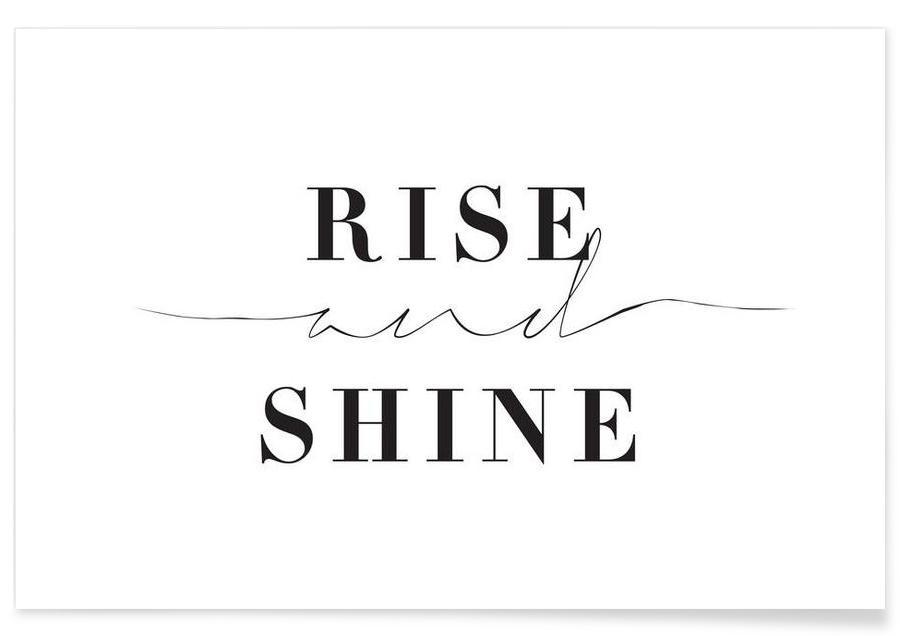I don’t have a study to back this up, but I have a feeling that somewhere around 99.9% of offenses could be cleared up if we just started adding one more tool to our conversational toolkit: clarification.
What would happen if we started asking clarifying questions instead of making justifying assumptions? What if, when the person we’re talking with says something that doesn’t seem to hit us quite right, we stopped and asked. “Now, just to clarify, can you explain what you meant by that?”
[Tweet “What would happen if we started asking clarifying questions instead of making justifying assumptions?”]My guess is that we’d leave with an understanding more often than a misunderstanding. We may not agree with the understood intention, but we wouldn’t leave replaying the conversation over and over and over in our minds, each time becoming more and more justified in the assumptions that we made about what we’re positive they meant.
I love how Brené Brown talks about this. She talks about using a tool she calls “the story I’m making up” whenever she needs to clarify what someone else has said or done. Basically, if she and I were at a conference together, and I took the last bagel at the breakfast buffet, instead of stewing about what a jerk I was, she’d say, “Paul, the story I’m making up is that you saw me coming for that bagel and sped up just to make sure you got it and I didn’t. I’m telling myself that you’re a selfish jerk.”
Her brave clarification would allow me the chance to tell her that I had no idea she wanted that bagel and that I hadn’t even seen her because I was focused on a presentation I was giving later that morning and must have looked right through her. It would also allow me to share that bagel with her (if I hadn’t already eaten it).
Yes, it’s a bizarre example, but you and I make up stories in our heads all the time about all kinds of people. We make up stories about the person who cut us off in traffic. About the friend who made the snarky comment. About the bosses who won’t get off our backs.
And until we are brave enough to clarify, we won’t be free enough to unify.
[Tweet “Until we are brave enough to clarify, we won’t be free enough to unify.”]So, the next time you think you hear something, stop and clarify. Tell the other person the story in your head and give them the opportunity to make some edits. You’ll probably find that there’s a better story you’ll be able to write together.





Well said, brother!
Thanks!